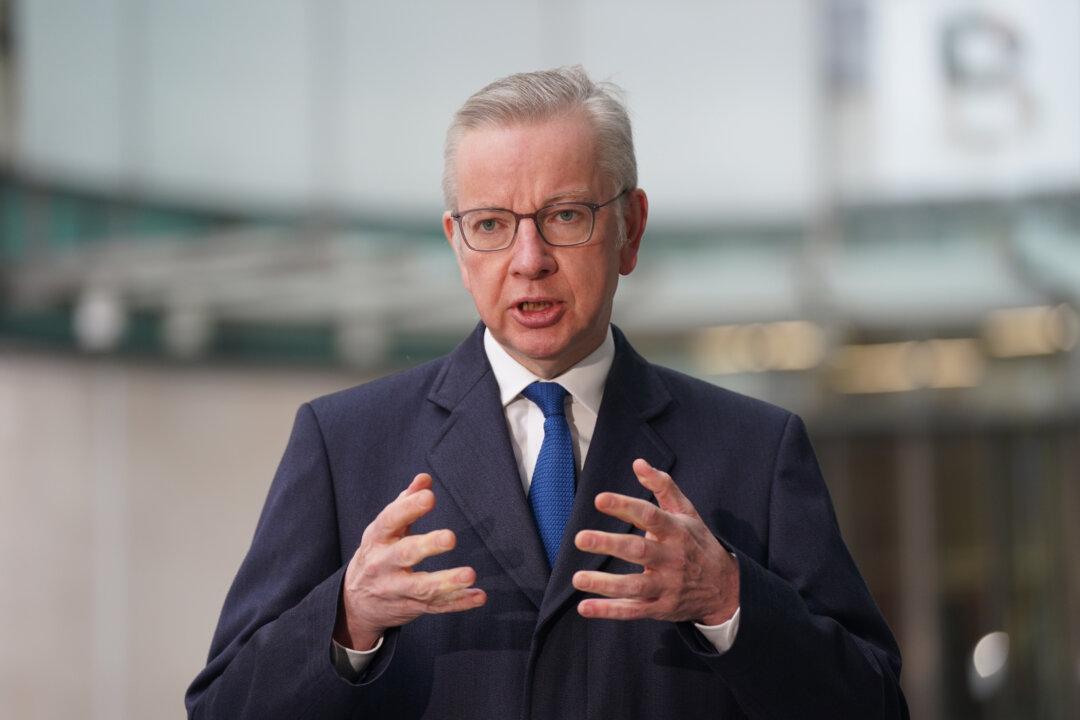No-fault evictions will be banned before the next general election, House Secretary Michael Gove promised on Sunday.
Mr. Gove said the government “will have ended” the practice and given resources to the courts to enforce the ban by the time.

No-fault evictions will be banned before the next general election, House Secretary Michael Gove promised on Sunday.
Mr. Gove said the government “will have ended” the practice and given resources to the courts to enforce the ban by the time.